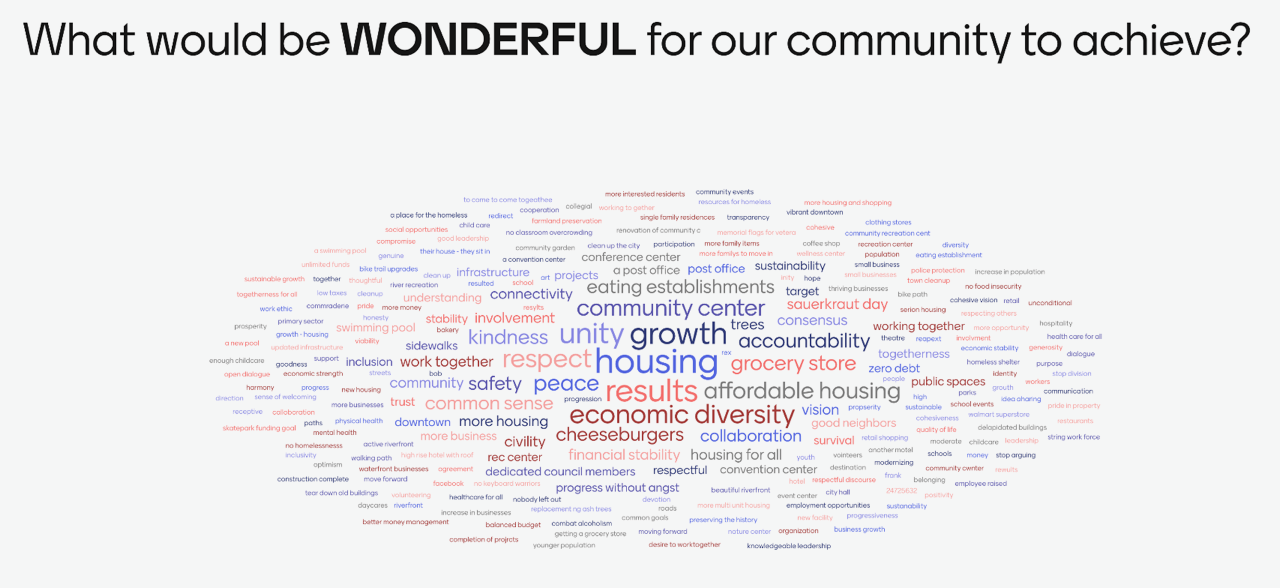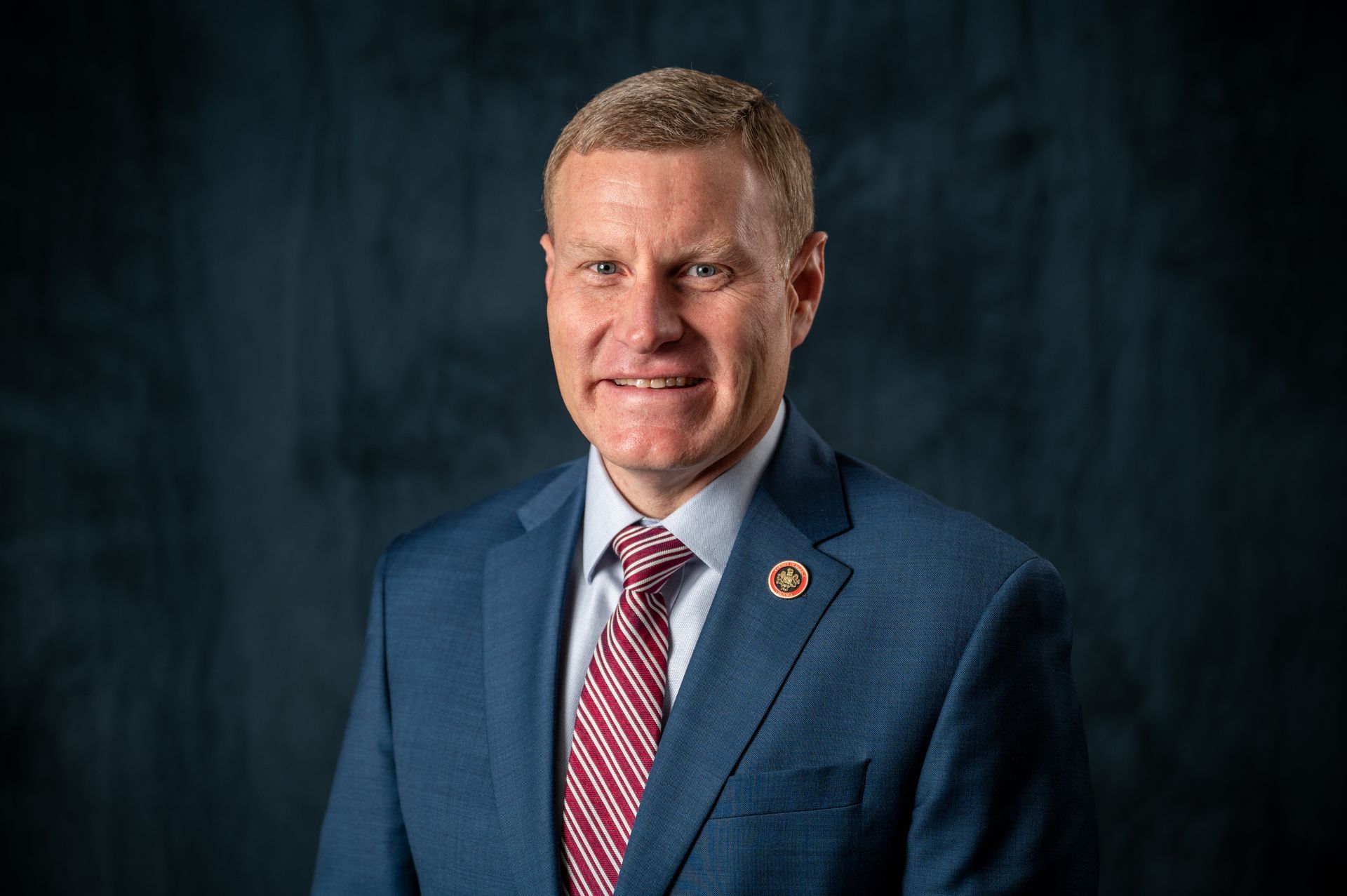Beyond Bricks and Mortar: The Possibilities of Civility
Beyond Bricks and Mortar: The Possibilities of Civility
By Matt Lehrman
Social Prosperity Partners
A couple of weeks ago, at the North Dakota League of Cities’ annual conference, I had the privilege of presenting my keynote, A Community of Possibilities, where I asked a room full of local leaders a single, revealing question:
“What would be wonderful for our community to achieve?”
Their responses filled a giant word cloud. At first glance, you’ll see plenty of tangible aspirations — housing, affordable housing, a community center, a grocery store, recreation facilities, and economic development. These are common municipal priorities. Leaders everywhere wrestle with the important and practical needs of growth, infrastructure, and vitality.
But as their conversation delved deeper, something important emerged. Local leaders began to assert that what would be most wonderful right now is less about the products of local government (the things we build) and more about the process of governing (how we treat one another along the way).
Words like respect, unity, civility, accountability, kindness, and peace weren’t afterthoughts — they stood shoulder to shoulder with conventional big-ticket projects. When I asked how they differentiate “product” from “process,” the vast majority responded that their communities’ greatest need isn’t bricks and mortar, but trust and respect.
That’s a profound takeaway. Local leadership means recognizing that without civility, even the best projects stumble. Plans fail when dialogue collapses. Economic growth slows when leaders talk past one another. Infrastructure investment gains no traction when the public feels unheard.
Conversely, when communities cultivate habits of respect, listening, and accountability, remarkable things become possible. Disagreements don’t disappear, but they take on a different character — one where even opposing voices feel connected, respected, and heard.
I came away energized by the reminder that a community of possibilities isn’t defined by what it builds, but by how it builds together. The strength of our towns and cities depends not only on the projects we pursue, but on the culture of governance and dialogue that makes progress possible.
Here’s their takeaway: Think of “wonderful” not only in terms of facilities or outcomes, but in terms of the civic behaviors that sustain community life. What would be wonderful in your context might be as much about how your board, council, or staff engages with each other and those in your community as about any single policy or project.
We live in a time when public service can feel stressful, even overwhelming. But the leaders I met in North Dakota affirmed something crucial and timeless: civility isn’t soft or secondary — it’s the sturdy foundation on which every community of possibilities is built.
—-----
Would you like to bring this conversation to your community? A Community of Possibilities is ideal for local presentation by municipalities, professional associations, chambers of commerce, community foundations, and other civic-minded organizations. Referrals are always appreciated.
Connect with Matt:
- Email me at Matt@SocialProsperity.us.
- Follow me on Facebook, Instagram, YouTube and LinkedIn.
- Learn more at SocialProsperity.us and MattLehrman.com.




